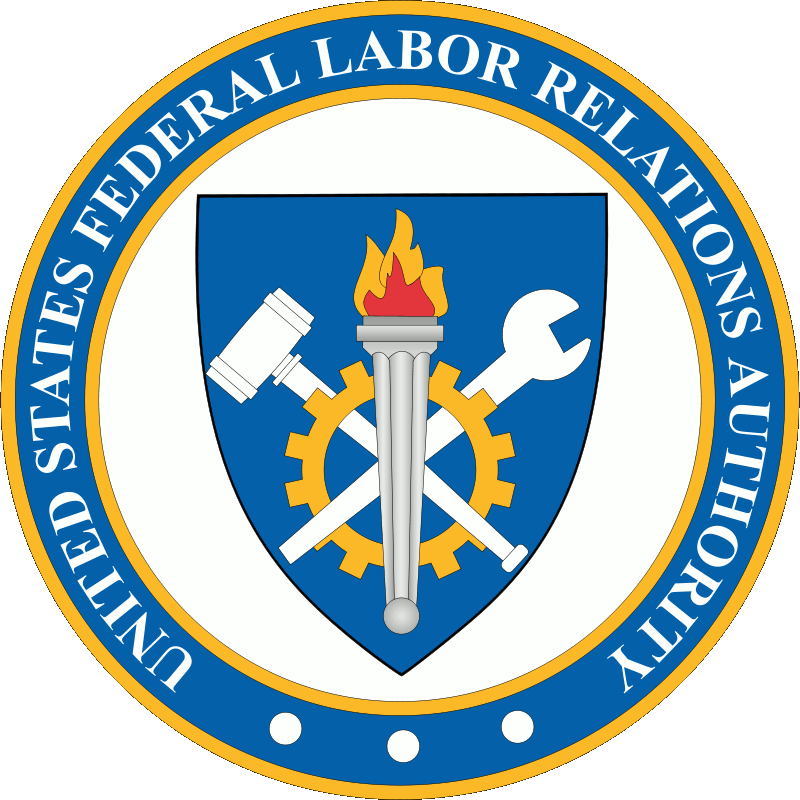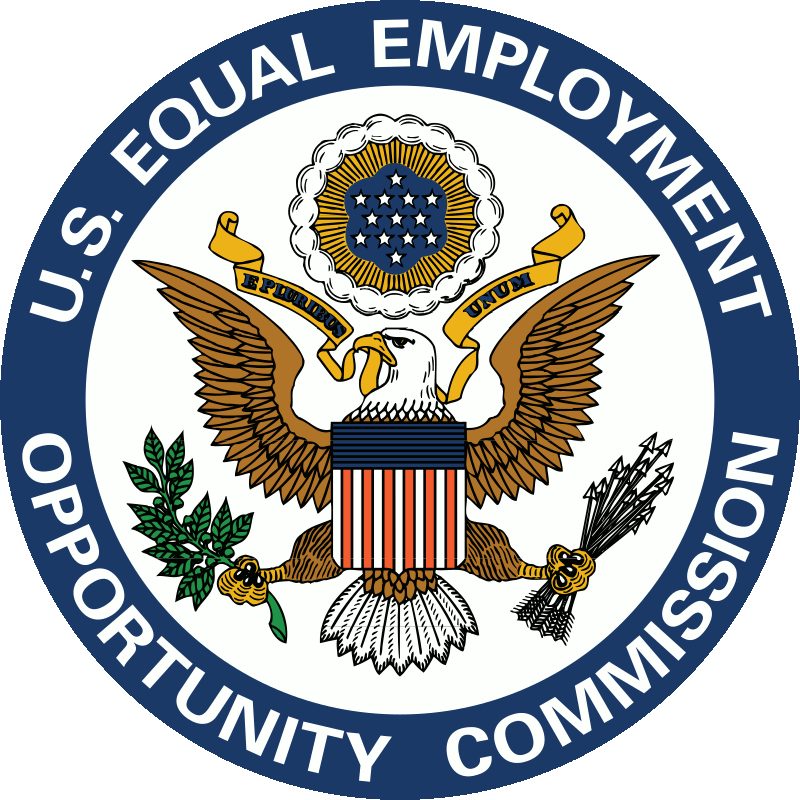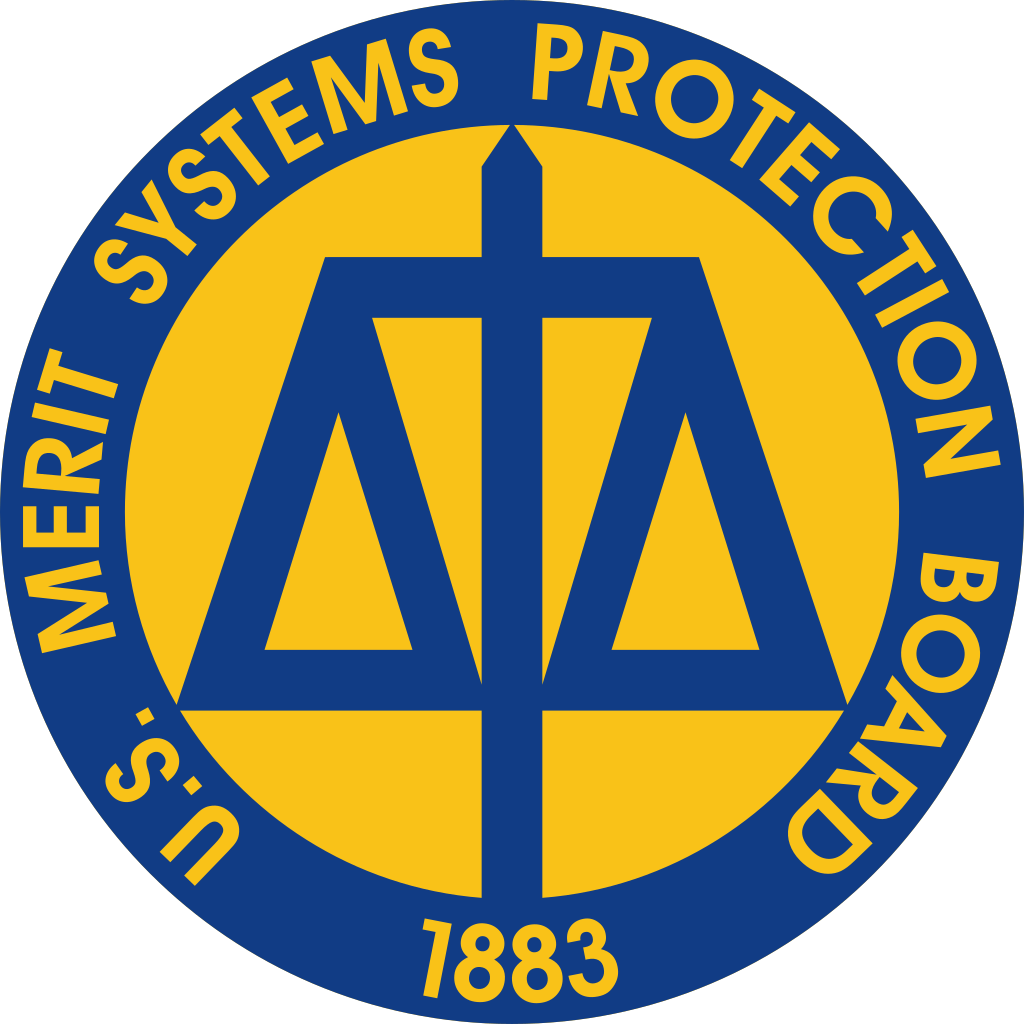Services
Grievances
Labor union grievances are complaints or issues raised by members of a labor union concerning their employment rights, working conditions, or contract provisions. These grievances are typically filed by the union on behalf of the affected employees, and are usually based on a perceived violation or misinterpretation of the collective bargaining agreement between the union and the employer.
When a labor union files a grievance, it initiates a formal dispute resolution process that may involve negotiations, mediation, arbitration, or even legal action. The goal of the grievance process is to resolve the dispute and ensure that the collective bargaining agreement is enforced. The process can be time-consuming and may require significant effort from both the union and the employer, but it is an important tool for protecting the rights of workers and maintaining a fair and equitable workplace.


Unfair Labor Practice (ULP)
Examples of Title 5 unfair labor practices by federal agencies include:
- Interfering with, restraining, or coercing employees in the exercise of their right to organize or bargain collectively.
- Refusing to bargain in good faith with a federal employee union.
- Discriminating against employees on the basis of their union activity or support for a particular union.
- Refusing to comply with an arbitrator’s award or decision.
- Failing to cooperate with the Federal Labor Relations Authority (FLRA) in conducting an investigation or complying with an order.
EEO
An Equal Employment Opportunity (EEO) complaint is a formal complaint filed by an employee, former employee, or applicant for federal employment alleging discrimination or retaliation based on race, color, national origin, sex, age, disability, religion, or other protected factors. The complaint is filed with the Equal Employment Opportunity Commission (EEOC) or the agency’s internal EEO office.
The process for filing a federal EEO complaint typically involves the following steps:
Contacting an EEO counselor within 45 days of the alleged discrimination or retaliation to try to resolve the issue informally.
If the issue is not resolved through counseling, filing a formal complaint with the agency’s EEO office or the EEOC within 15 days of receiving notice of the right to file a complaint.
An investigation will be conducted, which may involve interviews with witnesses, review of documents, and other evidence gathering.
After the investigation is completed, a report will be issued and the complainant will have an opportunity to request a hearing before an EEOC administrative judge.
The administrative judge will issue a decision, which may include remedies such as back pay, reinstatement, compensatory damages, and attorney fees.
If the complainant is not satisfied with the administrative judge’s decision, they may appeal to the EEOC’s Office of Federal Operations or file a lawsuit in federal court.


Office of Special Counsel (OSC)
The Office of Special Counsel (OSC) is a U.S. federal agency that plays a critical role in protecting the rights and interests of government employees, particularly those who work in the federal government. Its primary mission is to enforce federal laws that protect federal employees from prohibited personnel practices, such as discrimination, whistleblower retaliation, and other violations of merit system principles.
Here’s how the Office of Special Counsel can assist government employees and its relationship with federal employee labor unions like the American Federation of Government Employees (AFGE):
Whistleblower Protection: The OSC is responsible for investigating and prosecuting whistleblower retaliation cases in the federal government. If a government employee believes they have been retaliated against for disclosing wrongdoing or reporting misconduct, they can file a complaint with the OSC. The OSC investigates these complaints and can take corrective actions, including seeking disciplinary actions against wrongdoers and obtaining relief for the affected employees.
Prohibited Personnel Practices: The OSC investigates allegations of prohibited personnel practices, which include actions like nepotism, discrimination, and other violations of merit system principles in the federal workforce. If a government employee believes they have been subjected to such practices, they can file a complaint with the OSC, which will then investigate and, if necessary, take corrective actions.
Hatch Act Enforcement: The OSC is also responsible for enforcing the Hatch Act, which restricts political activities by federal employees. It ensures that federal employees adhere to the rules and regulations governing their political activities, including participation in partisan political activities and running for partisan political office.
Assistance to Federal Employee Labor Unions: The OSC can work with federal employee labor unions like AFGE to address issues related to prohibited personnel practices, whistleblower protection, and other concerns affecting government employees. Labor unions often advocate for their members, and if they encounter situations where federal employees’ rights are being violated or they face retaliation for whistleblowing, they can seek assistance from the OSC to address these issues.
Merit Systems Protection Board (MSPB)
The Merit Systems Protection Board (MSPB) is another federal agency that plays a significant role in protecting the rights and interests of federal government employees, particularly in the areas of personnel actions, appeals, and disputes. Here’s how the MSPB can assist government employees and its relationship with federal employee labor unions like the American Federation of Government Employees (AFGE):
-
Personnel Actions Appeals: One of the primary functions of the MSPB is to adjudicate appeals filed by federal employees regarding adverse personnel actions taken against them. These actions can include removals, suspensions, demotions, and other adverse actions. If a government employee believes they have been subjected to an unfair or improper personnel action, they can file an appeal with the MSPB. The MSPB conducts hearings, reviews evidence, and renders decisions on these appeals, which can result in corrective actions, including reinstatement and back pay.
-
Whistleblower Protection: Similar to the Office of Special Counsel, the MSPB also plays a role in protecting federal whistleblowers. Federal employees who believe they have been subjected to whistleblower retaliation can file appeals with the MSPB. The MSPB can review these cases and take actions to remedy the retaliation, including ordering corrective actions and compensation for the affected employees.
-
Labor Relations: The MSPB can have an indirect impact on labor relations in the federal government. Federal employee labor unions, like AFGE, may interact with the MSPB when disputes arise related to labor-management relations or collective bargaining agreements. While the MSPB’s primary focus is on personnel actions and appeals, it may be involved in cases where labor relations issues intersect with personnel actions.
-
Compliance with Merit System Principles: The MSPB is responsible for ensuring that federal agencies adhere to the merit system principles, which are the foundational principles governing federal personnel management. These principles include considerations like fairness, equity, and non-discrimination in personnel actions. The MSPB may investigate cases where these principles are violated, potentially leading to corrective actions.

